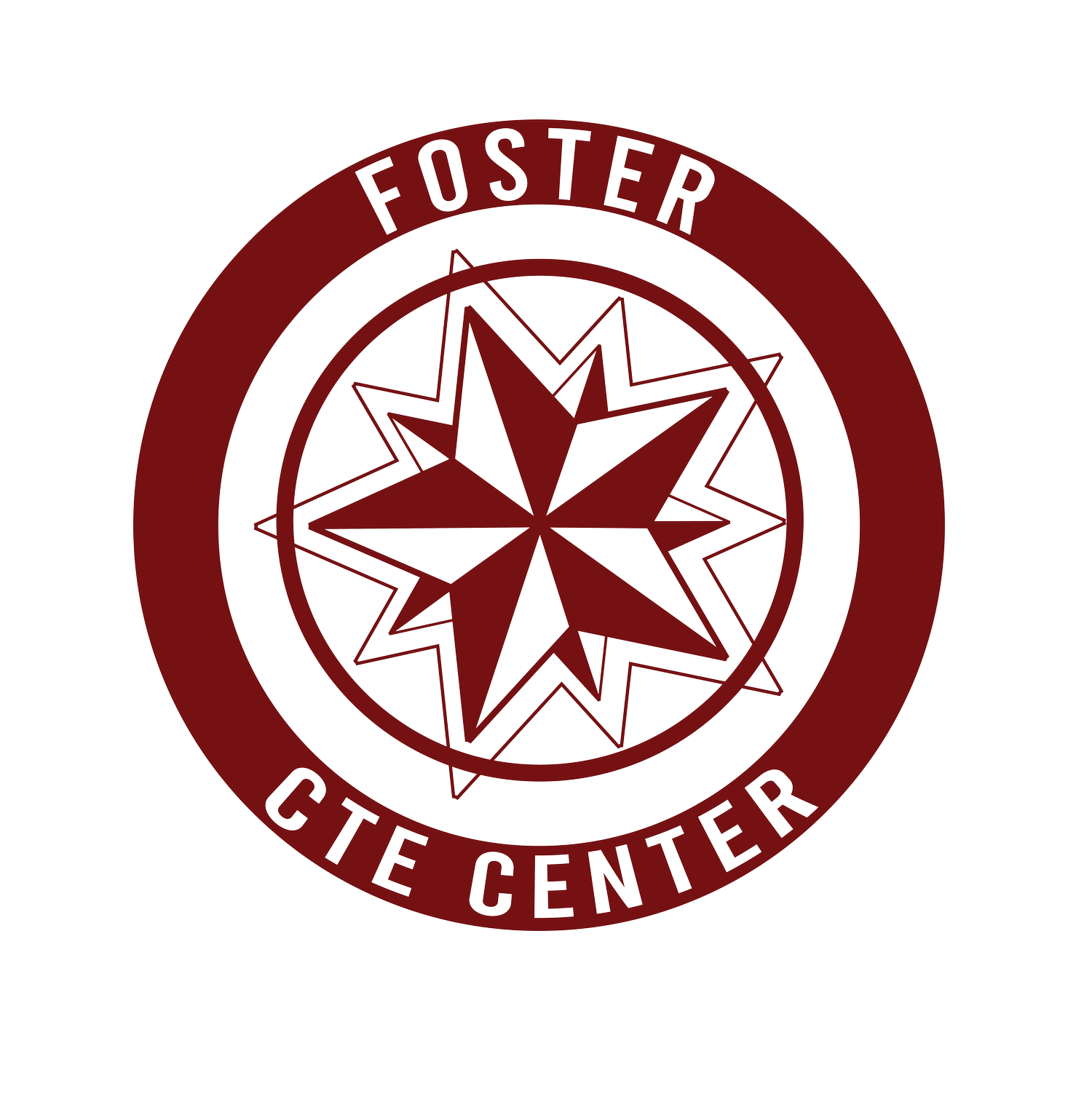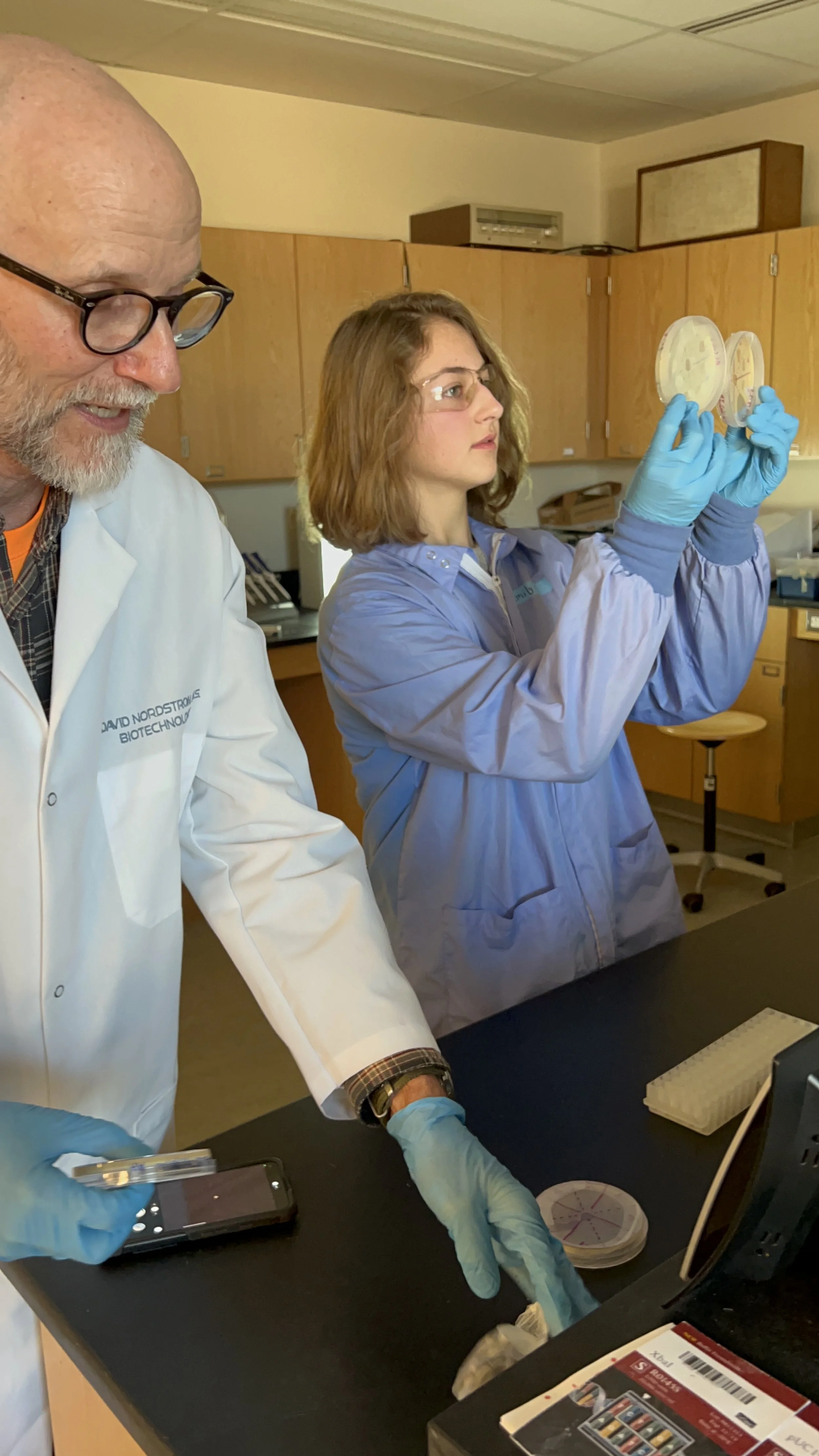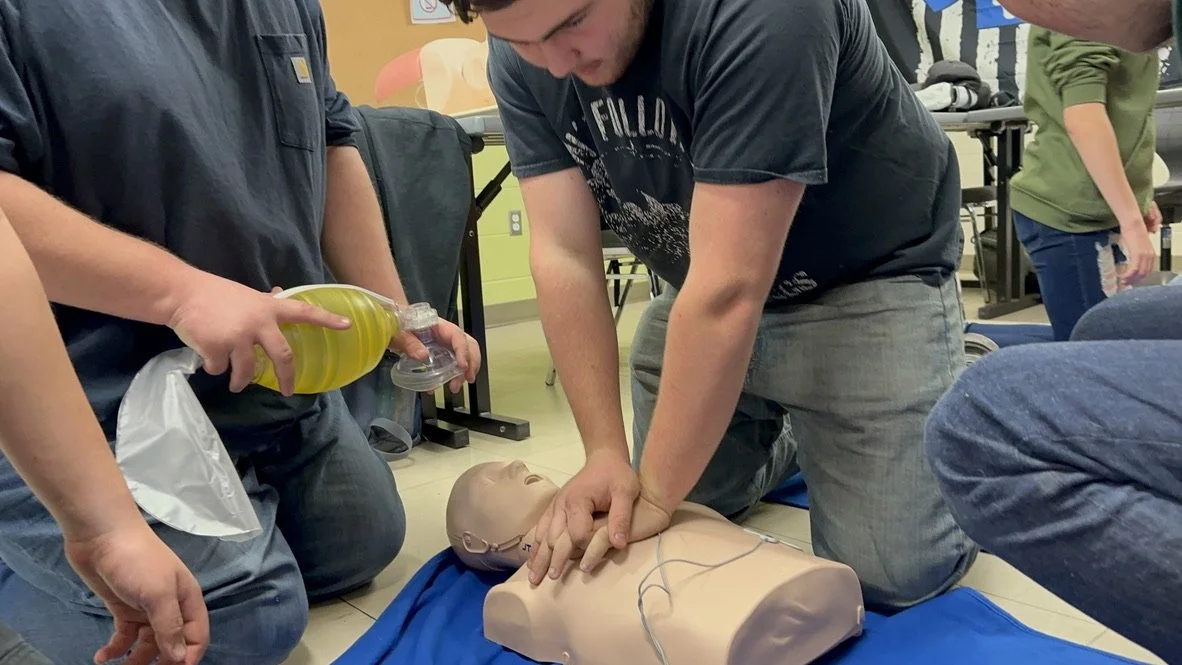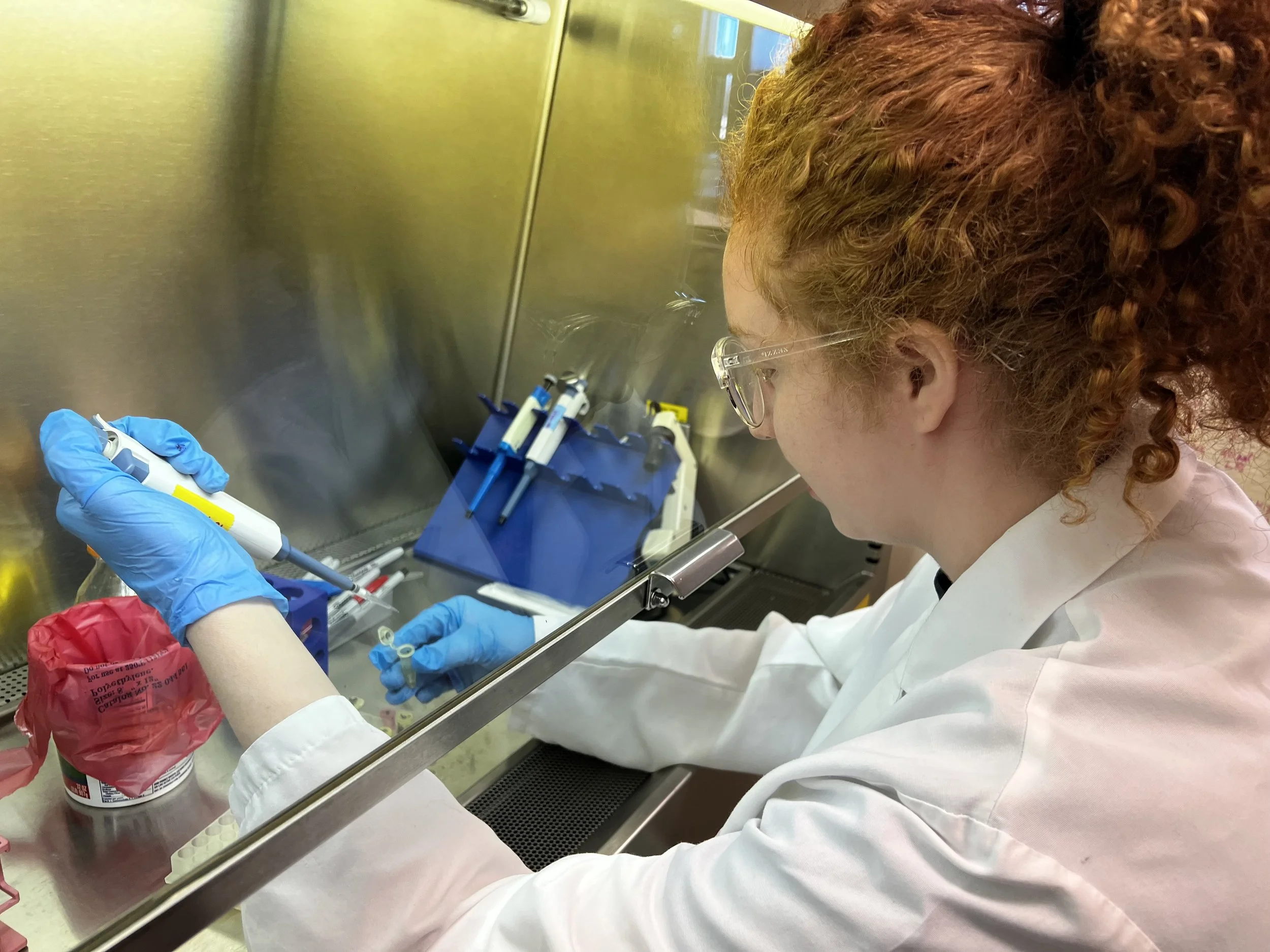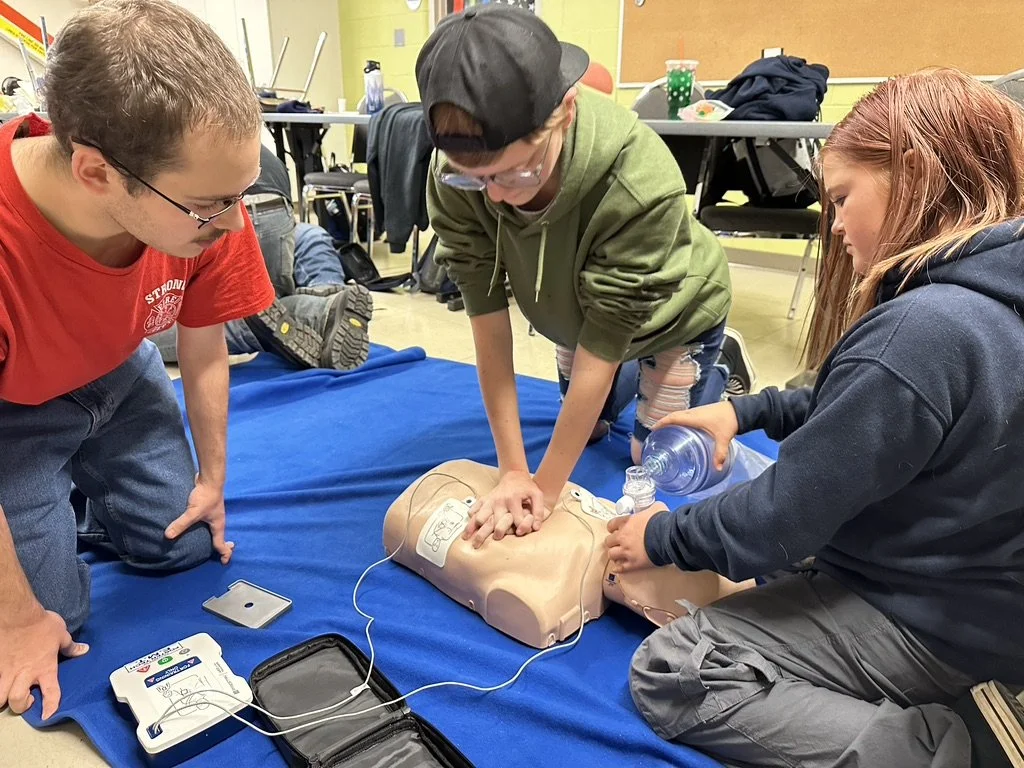Emergency Medical Technician
Step into the exciting field of emergency medicine. This rigorous, hands-on program is designed to equip students with the knowledge and skills essential for a pivotal role in emergency medical services. This program delves into the intricacies of pre-hospital care, emergency response protocols, and the fundamental competencies necessary to attain certification as an Emergency Medical Technician.
Whether students aspire to become certified EMTs, paramedics, or pursue further education in healthcare, this program provides a solid foundation in emergency medical services. Students will gain the skills, knowledge, and certifications necessary to make a meaningful impact in emergency healthcare and serve as crucial members of the healthcare team.
Embark on a life-saving journey where hands-on training, real-world simulations, and expert instruction converge to equip you with the essential skills and knowledge to thrive in emergency medical services.
Program Objectives
-
Explore the history, structure, and roles within the EMS system.
Understand the ethical and legal considerations associated with providing pre-hospital care.
-
Gain a foundational understanding of human anatomy and physiology.
Explore the physiological basis of medical emergencies and traumatic injuries.
-
Develop hands-on skills in basic life support (BLS), cardiopulmonary resuscitation (CPR), and automated external defibrillator (AED) use.
Learn and practice airway management, patient assessment, and vital signs monitoring.
-
Explore common medical emergencies such as cardiac events, respiratory distress, and diabetic crises.
Learn trauma care techniques for injuries ranging from fractures to life-threatening hemorrhages.
-
Understand the principles of emergency pharmacology and the administration of medications in pre-hospital settings.
Learn to recognize medication indications, contraindications, and potential side effects.
-
Develop skills in emergency scene management, incident command, and coordination with other first responders.
Understand the importance of communication and teamwork in emergency response.
-
Gain insights into ambulance operations, vehicle safety, and patient transport.
Learn to provide care to patients during transport and communicate effectively with hospital staff.
-
Learn the importance of accurate and timely medical documentation.
Understand the legal and ethical considerations in maintaining patient records.
-
Understand the requirements for EMT certification in the state or region.
Prepare for the National Registry of Emergency Medical Technicians (NREMT) certification exam.
-
Engage in supervised clinical rotations in healthcare settings.
Participate in field experience with local EMS providers to apply learned skills in real-world scenarios.
-
Explore opportunities for professional development and continued education in the field of emergency medical services.
Understand the pathways for career advancement within the healthcare and emergency services sectors.
There are specific admission requirements for this program:
Students must be at least 18 years of age to be eligible for State of Maine EMT license. Prior to age 18, students may test with the National Registry certification and work under a Maine licensed EMT until they reach the age of 18 and acquire their own State of Maine EMT license.
Students have 2 years from the successful completion date of the EMT program to take the National Registry EMT exam.
Students must have a physical exam within the past year confirming good physical and mental health and be up to date with vaccinations including COVID, Hep B and Flu shots.
Extensive reading and written work will be required.
